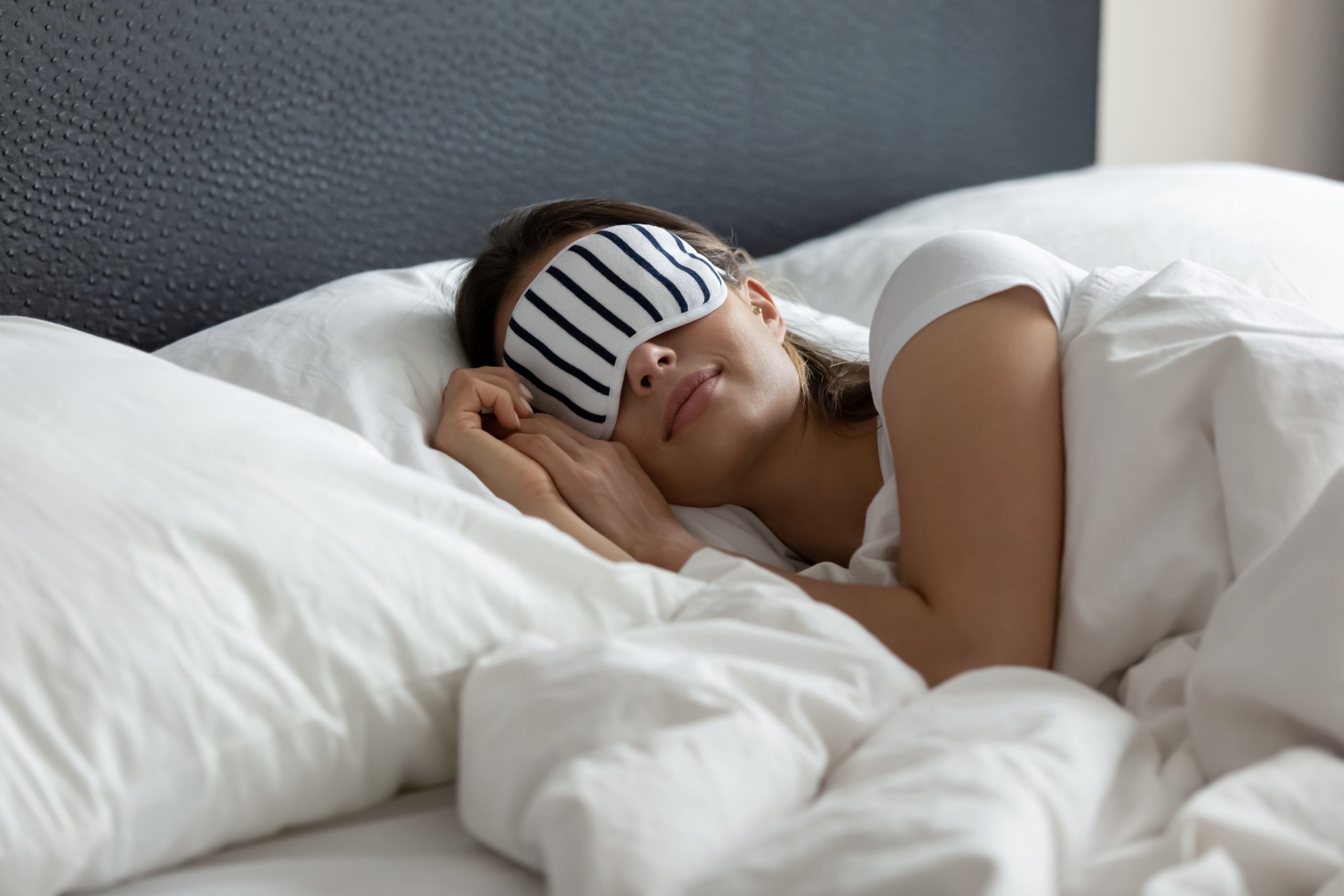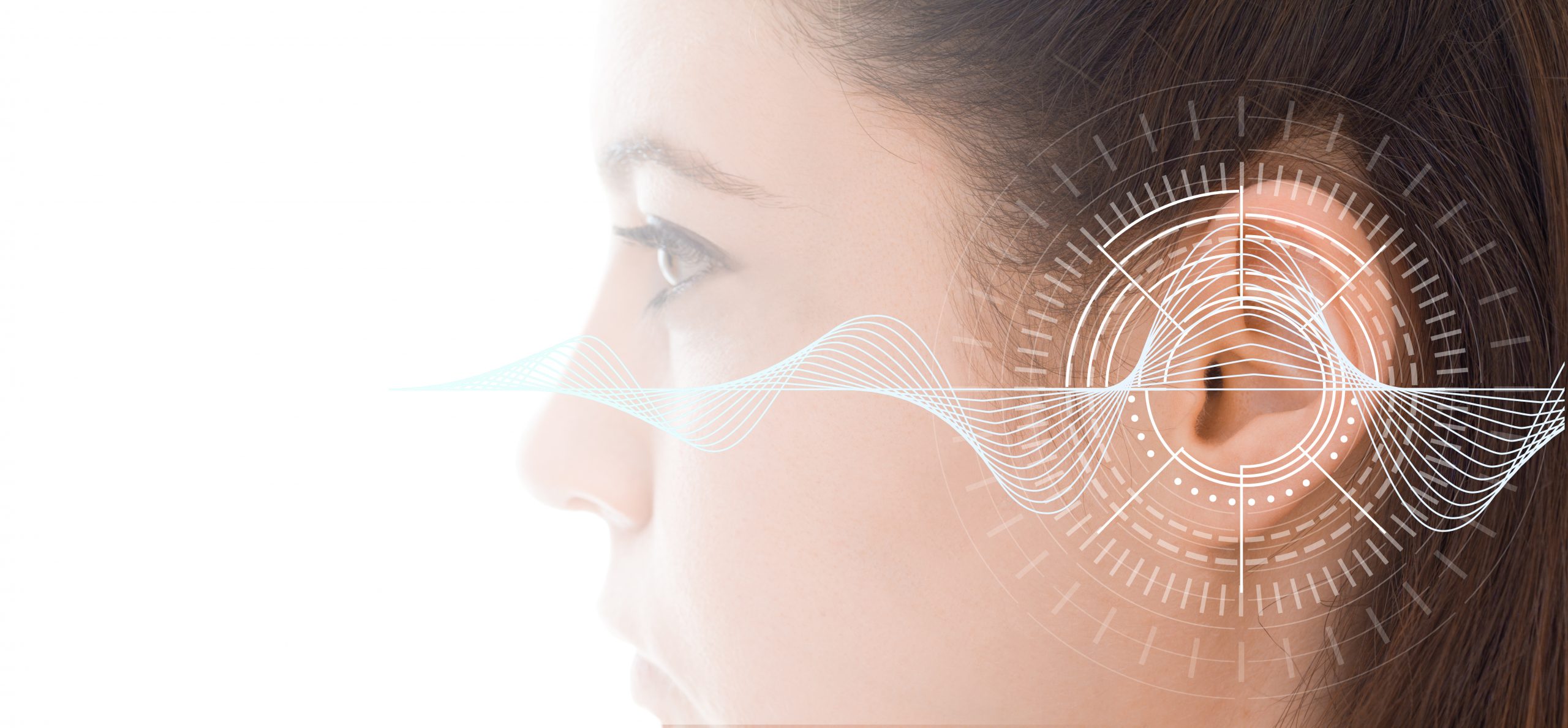Quality sleep is essential for overall health and well-being. It allows our bodies to rest, repair, and rejuvenate. While the benefits of sleep are well-known, its connection to hearing health is often overlooked. The quality of our sleep can have a significant impact on our auditory system, affecting hearing abilities and overall auditory health. In this article, we will explore the connection between hearing health and sleep quality and discuss the importance of prioritizing both for optimal well-being.
- Auditory Processing during Sleep: During sleep, our brains continue to process sounds and auditory information. While we may not consciously perceive all sounds while asleep, our auditory system remains active, filtering out irrelevant noise and responding to important stimuli. Disruptions in sleep can interfere with this processing, affecting how we perceive and interpret sounds when awake.
- Tinnitus and Sleep Disturbances: Tinnitus, the perception of ringing, buzzing, or other phantom sounds in the ears, can significantly impact sleep quality. The quiet environment of nighttime often amplifies the perception of tinnitus, making it more noticeable and disruptive to sleep. Conversely, poor sleep quality can exacerbate tinnitus, creating a cycle of sleep disturbance and increased tinnitus severity.
- Sleep Disorders and Hearing Loss: Certain sleep disorders, such as sleep apnea, have been associated with hearing loss. Sleep apnea causes repeated pauses in breathing during sleep, leading to oxygen deprivation in the body, including the auditory system. This deprivation can damage delicate ear structures and contribute to hearing loss over time.
- Cognitive Function and Hearing Abilities: Sleep plays a vital role in cognitive function, including auditory processing and attention. A lack of quality sleep can impair cognitive abilities, making it more challenging to focus on and understand sounds. This can affect communication and contribute to hearing difficulties, especially in noisy environments.
- Fatigue and Listening Effort: Poor sleep quality and fatigue can increase listening effort. When we are tired, it requires more mental energy to understand speech and process auditory information. This increased effort can lead to difficulties in following conversations, understanding spoken instructions, and participating in social interactions, potentially impacting overall hearing health.
- Stress and Hearing Sensitivity: Sleep deprivation and poor sleep quality can elevate stress levels. Increased stress can affect our auditory system, making it more sensitive to loud sounds and reducing our tolerance for noise. This heightened sensitivity can lead to discomfort, increased stress levels, and potential damage to the ears from prolonged exposure to loud noise.
- Sleep Hygiene and Noise Exposure: Practicing good sleep hygiene involves creating an optimal sleep environment, including reducing noise exposure. Excessive noise during sleep can disrupt sleep patterns and impact sleep quality. It is important to minimize noise disturbances in the bedroom, such as using earplugs, closing windows to reduce outdoor noise, or utilizing white noise machines to mask unwanted sounds.
- Impact on Mental Health: Both hearing health and sleep quality are closely linked to mental health. Sleep disturbances, such as insomnia or sleep deprivation, can contribute to mood disorders like anxiety and depression. Similarly, untreated hearing loss or difficulties can lead to social isolation, communication challenges, and increased risk of mental health issues. Prioritizing both hearing health and quality sleep can help support positive mental well-being.
- Seeking Professional Help: If you are experiencing hearing difficulties or sleep disturbances, it is important to seek professional help. Consulting with an audiologist for hearing concerns or a sleep specialist for sleep-related issues can provide valuable insights and appropriate interventions to address any underlying problems.
- The Importance of a Healthy Lifestyle: Adopting a healthy lifestyle that includes regular exercise, stress management techniques, a balanced diet, and consistent sleep habits can contribute to improved hearing health and better sleep quality. Taking steps to prioritize both can have a positive












